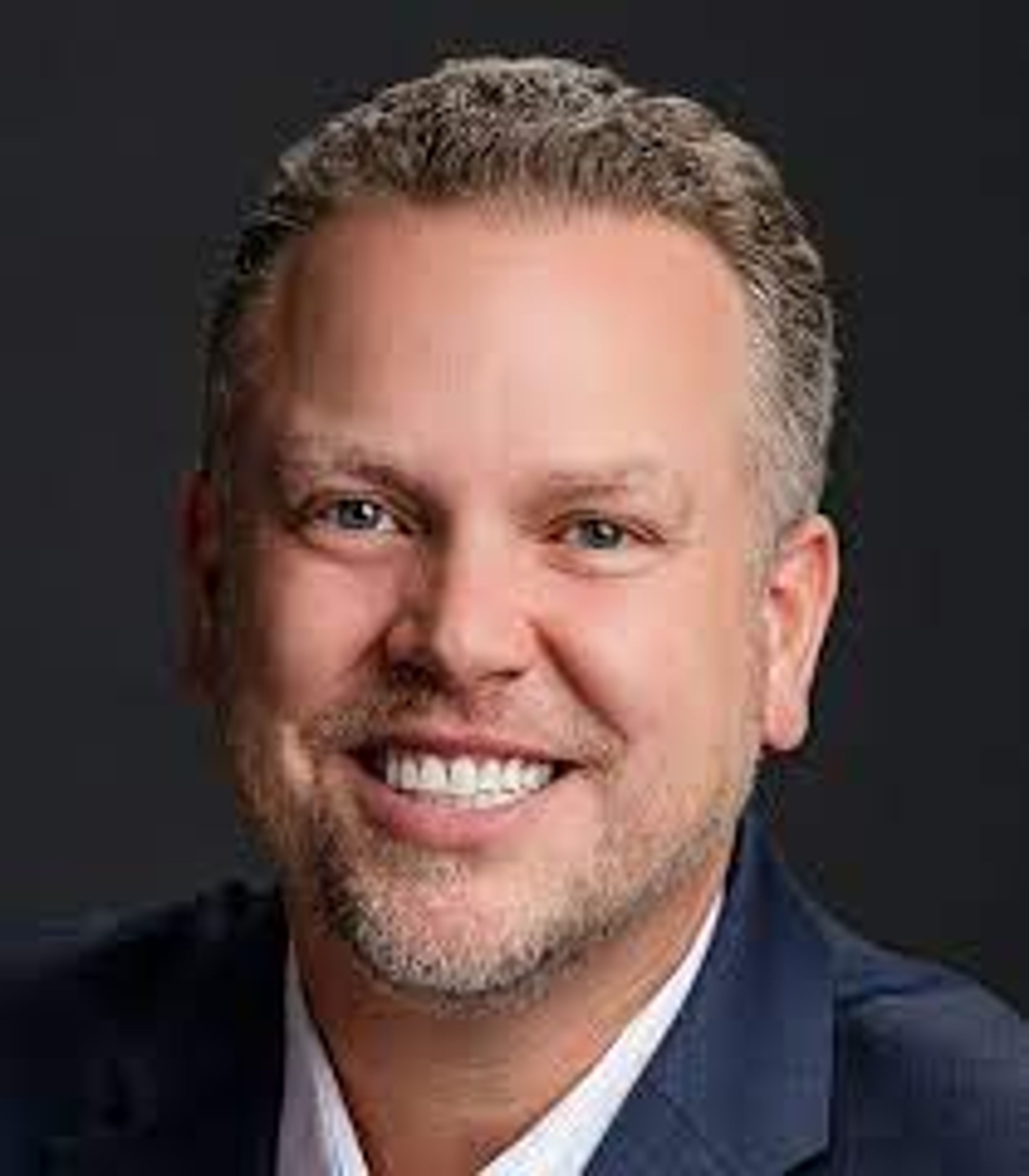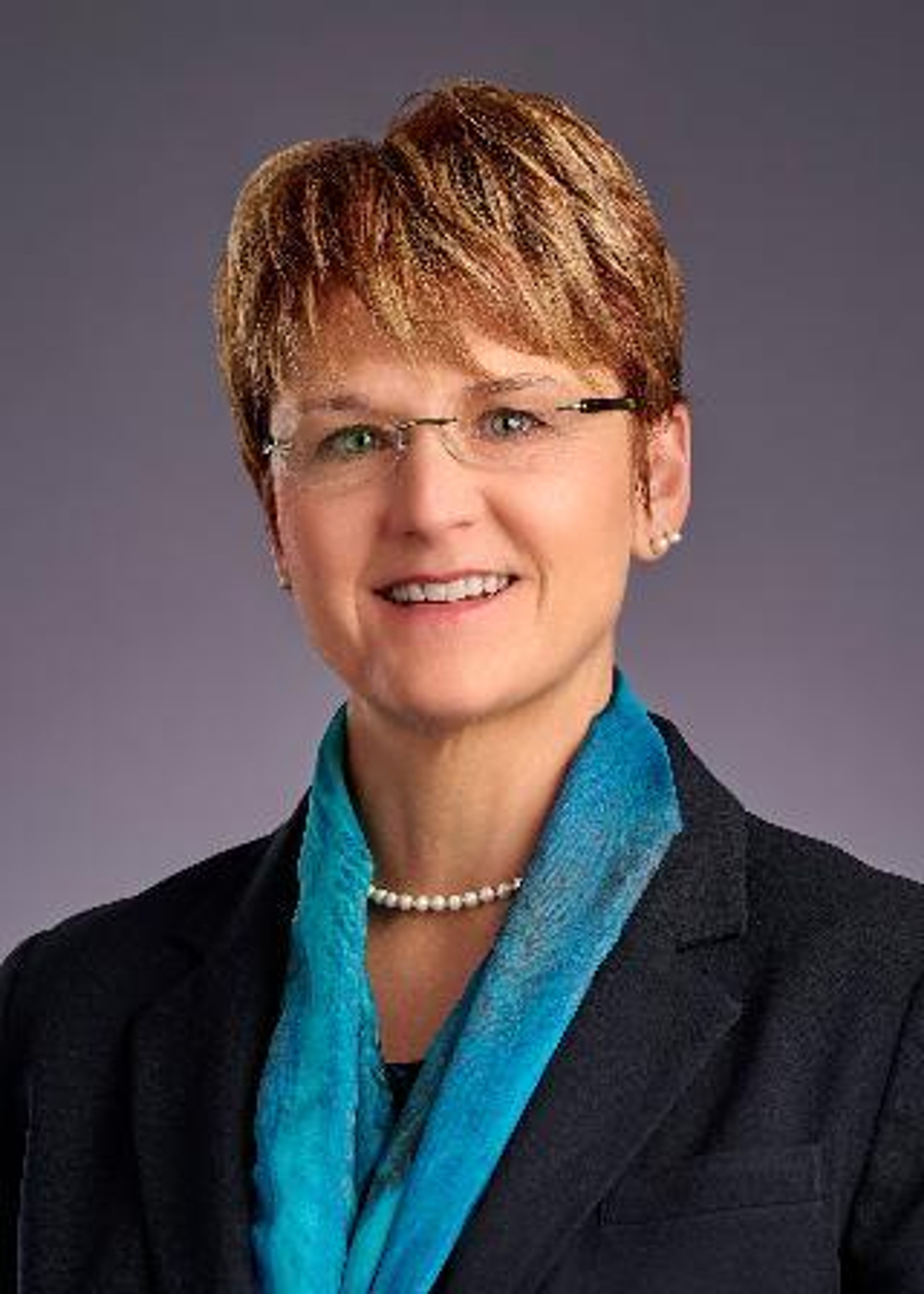Idaho lawmakers look toward anti-DEI legislation
Second meeting focuses on establishing definitions and university policies
BOISE — Idaho’s legislative Diversity Equity and Inclusion, or DEI, work group focused on definitions, university policies and potential legislation in its second meeting.
Lawmakers met Monday for a lengthy meeting that also included an overview of the 2023 U.S. Supreme Court decision that struck down race-based affirmative action and higher education accreditation standards. The committee is likely to propose legislation aimed at limiting “DEI” activities and ideology.
DEI policies, activities and programs, especially in higher education, have been the target of several Republican-led states, including Idaho, in recent years. Those who advance these policies argue they promote diverse thought and support underserved populations. Opponents say these policies are “woke,” and disadvantage those who are not in historically underrepresented groups.
Toward the end of the meeting, committee member Sen. Ben Toews, R-Coeur d’Alene, commented that the task force ultimately wanted to prohibit actions that were “punishing diversity of thought that is outside this ideology.”
As an example, he said as a student he took a Christian doctrine class that was cross-listed as a Women’s Studies class.
“I came in with my own experience, my own personal beliefs, and through the process of expressing beliefs, I had the professor from the class say that I’m stuck in the ’50s, accusing me of bigotry, and these are exactly the concerns that we’re trying to deal with.”
One of the targets of debate Monday — both in discussions over a draft resolution from the State Board of Education and around a bill in Utah prohibiting DEI — were centers at universities meant to support certain students, such as women’s centers.
“It’s really saying that our centers are going to focus on support for students,” Idaho State Board of Education Executive Director Joshua Whitworth told the work group regarding some of the draft, anti-DEI resolutions the board is considering.
The lone Democrat on the legislative committee, Senate Minority Leader Melissa Wintrow, Boise, worked in higher education and served as director of Boise State University’s Women’s Center. Wintrow questioned this proposed policy, asking if these centers were currently denying students who aren’t the target for services — such as men seeking help at the women’s center.
Wintrow said in her tenure as director, there were male students who came to the center to report and seek services for rape, and she provided those services. She also said that there were situations where the center’s name could be beneficial to those seeking services.
Wintrow told the story of a woman in an abusive marriage who drove her husband to class every day and saw the sign of the old Women’s Center. The woman eventually decided to go in and seek help.
“Thankfully, she did escape, and she’s doing well today,” Wintrow said. “But if it hadn’t been for that sign, ‘Women’s Center,’ that she drove by repeatedly — to get the courage to come in and find help — I don’t know where she’d be today.”
BSU later changed the name to Gender Equity Center, but the webpage for the Gender Equity Center no longer appears on the university’s website, a search Monday found.
These types of student support centers also came up in a discussion overviewing Utah’s anti-DEI bill its legislature passed this year. Toews provided a short overview of the 35-page bill that included a section requiring higher education student success and support centers to serve all students.
The law also prohibits higher education institutions from using public funds for training or activities that prioritize certain racial, ethnic or gender groups, Toews said.
The senator, who later said he had drafted legislation that would accomplish similar goals to other anti-DEI bills, said he thought Utah’s legislation included a useful definition for Idaho when considering a future bill.
The law includes a long description of a “prohibited discriminatory practice,” which would include a policy, procedure, program, office, initiative or training that asserts “one personal identity characteristic is inherently superior or inferior to another personal identity characteristic” and “asserts that an individual, by virtue of the individuals’ personal identity characteristics, is inherently privileged, oppressed, racist, sexist, oppressive, or a victim, whether consciously or unconsciously.”
The definition also includes that the prohibited practice “asserts that an individual should feel discomfort, guilt, anguish, or other psychological distress solely because of the individual’s personal identity characteristics,” that “meritocracy is inherently sexist or racist,” that “socio-political structures are inherently a series of power relationships and struggles among racial groups,” and that considers race or gender for financial aid and scholarships.
Toews noted that the survey and reporting requirements under Utah’s bill won’t return results until 2027 in regards to how it impacted students and faculty.
“I think that’s a weakness in following suit with Utah,” he said. “My belief is that we should be looking at best practices developed by other states that have these laws in effect for a longer period of time, such as Iowa, who enacted those in 2021, and Texas, who enacted theirs in 2023. The definition portion of Utah is the best I’ve seen so I’m suggesting incorporating that into any bills we recommend in Idaho, and even improving on it if possible.”
A staff report, presented by Legislative Services Office Research Analyst Casey Hartwig, found few definitions of “DEI as a concept,” but more commonly saw the terms diversity, equity and inclusion defined individually.
Accreditation
The lawmakers also heard and questioned leaders at the regional higher education accreditor, the Northwest Commission on Colleges and Universities (NWCCU), which accredits all of Idaho’s public colleges and universities as well as some of the state’s private institutions.
NWCCU President Sonny Ramaswamy and Executive Vice President Selena Grace spoke to how the organization applies its standards to accredit schools.
Colleges and universities may seek accreditation voluntarily but are required to do so to be eligible for federal funds.
The short answer to questions about whether its standards and requirements would prompt DEI concerns was “no.” Grace and Ramaswamy stressed that each school is evaluated based on its own goals and those goals are not imposed upon schools by the accreditor.
“There isn’t anything, a requirement for us or by us, related to DEI,” Grace said.
There are more recent requirements for schools to collect and provide data on achievement gaps within their student populations. Nationwide, these gaps are significant between first-generation college students and their peers with parents who hold degrees, as well as between students who qualify for low-income Pell Grants and those who don’t, Ramaswamy said.
Another achievement gap is between men and women in colleges, with more women entering higher education and women graduating at a much higher rate, he said.
Toews questioned Ramaswamy on the fact that “diversity, equity and inclusion” is included in the accreditor’s core values on its website, which states, “We believe there is strength in our differences and that opportunities to succeed are afforded every individual.”
Ramaswamy said the core values relate to how NWCCU operates as an organization, not to how it evaluates schools.
“Those are core values for us, the commission staff, how we operate, that we got to respect those missions,” he said.
Rep. Dale Hawkins, R-Fernwood, asked Ramaswamy if he personally believed institutions would benefit from diversity, equity and inclusion.
“I use data and evidence,” Ramaswamy responded, after the question was asked a couple of times. “I don’t use beliefs.”
The group is likely to meet again the first week of the legislative session, which begins Jan. 6.
Guido covers Idaho politics for the Lewiston Tribune, Moscow-Pullman Daily News and Idaho Press of Nampa. She may be contacted at lguido@idahopress.com and can be found on Twitter @EyeOnBoiseGuido.









